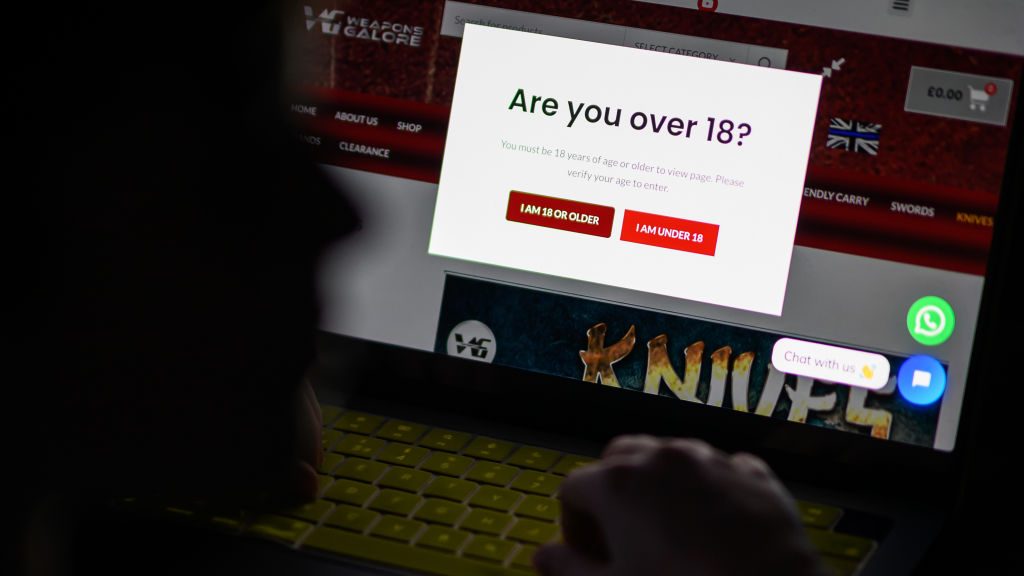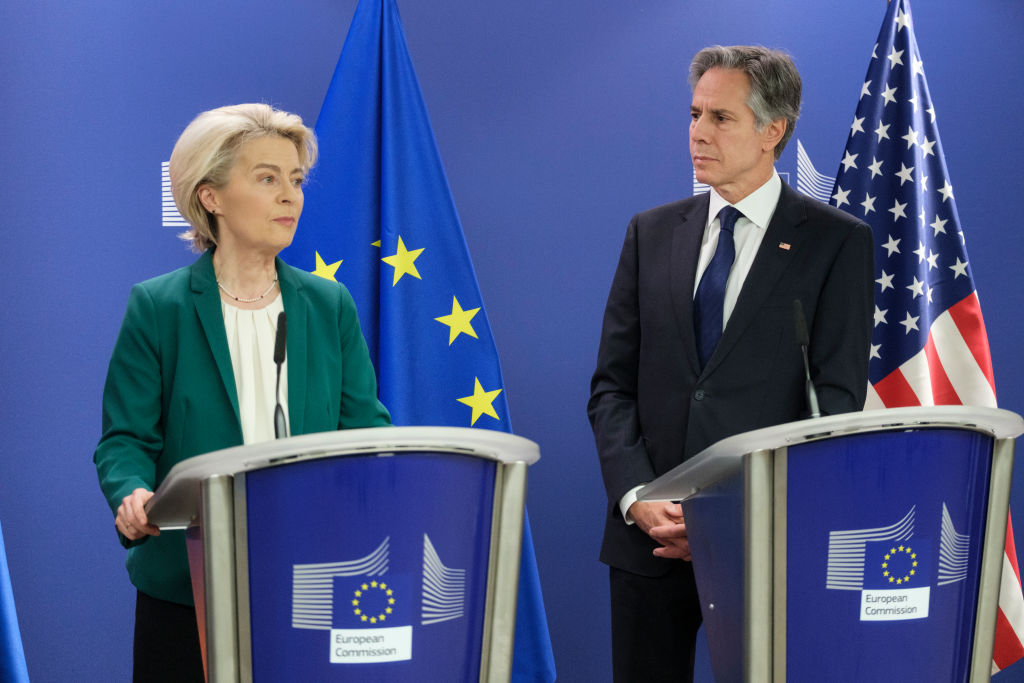Petra Steger, a leading MEP for the Austrian Freedom Party (FPÖ), has provoked an EU firestorm about censorship and freedom of speech with her calls to abolish the Digital Services Act.
The EU should repeal the legislation “as quickly as it has been introduced”, she said January 16.
“With the DSA the enemies of free speech in Brussels have created an ideologically motivated instrument of censorship”, added Steger.
Steger may have touched a nerve, as on January 17, hard-right Reconquête MEP Sara Knafo warned about growing “strong freedom-restricting tendencies” across Europe, in a January 16 interview.
“There’s a growing sense of panic in our public debate and regulatory frameworks, leading to more laws and restrictions,” cautioned Knafo.
Restrictions on freedom of speech “starts with targeting hateful speech, then censoring misinformation, and eventually spirals into algorithmic control,” she added.
The fight for freedom of expression was fundamental, as it formed the basis for all other freedoms, Knafo argued.
“Freedom of expression is fundamental because it underpins all other freedoms,” said the French MEP.
“How can one defend their right to own property or any other liberty if they are denied the right to speak?” she asked.
Knafo also cited media regulator Arcom’s 2024 decision to remove the conservative channel C8 from French broadcast television as an example of restrictions on freedom of speech across Europe.
She criticised proposals to categorise journalists by their political opinions, calling these “alarming developments.”
Steger’s calls to end the DSA came in response to reports the EU was considering increasing its probes into US technology giants Apple, Google, and Meta.
She welcomed increased pressure on the EU from incoming US President Donald Trump.
“Trump has realised that terms like ‘disinformation’ and ‘hate speech’ are being abused as instruments for a brutal supervision of the internet and the suppression of undesirable opinions”, she said.
Stefer heavily criticised former EU commissioner Thierry Breton, one of the driving forces behind the DSA.
Breton’s recent comments on repeating Romanian presidential elections were “antidemocratic”, she said.
Some see EU intervention in the Romanian elections “as a role model for other elections,” when the EU “is no defender of democracy but in truth its biggest enemy,” she added.
Steger, who was second on the FPÖ’s list of MEPs in the 2024 European Parliament election, is daughter of former FPÖ vice chancellor Norbert Steger.
Other Austrian parties in the European Parliament responded by defending the DSA.
Romania’s example showed how dangerous disinformation campaigns could be, and that the DSA was “urgently necessary” for democracy, said Reinhold Lopatka, head of the Austrian People’s Party delegation.
Social Democratic MEP Elisabeth Grossman called the DSA “our most important instrument to fight hatred and misinformation online and protect our democracy”.
Helmut Brandstätter, an MEP for the liberal Neos party, said it was strange the FPÖ had not protested when Russia meddled in other countries’ elections, “be it in Moldova or Romania”.
Steger said these vehement reactions proved she was right. “They do not want to moderate the debate, they want to control it and if need be forbid it altogether,” Steger told Austrian media.
The Digital Services Act, an EU regulation adopted in 2022, imposes new rules on large online platforms (ones with over 45 million users) and search engines, and claims to combat disinformation and illegal content.
Critics have argued its focus on preventing the spread of disinformation and harmful content could undermine freedom of speech. A bipartisan group of US senators criticised the DSA for focussing on US companies, while ignoring similar companies based in China or Russia.





